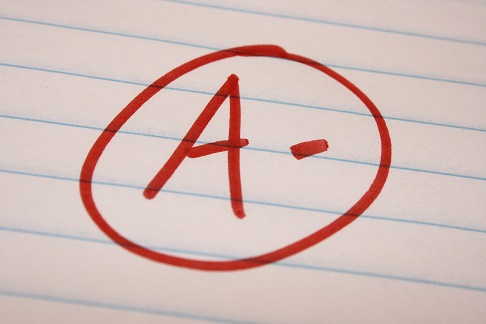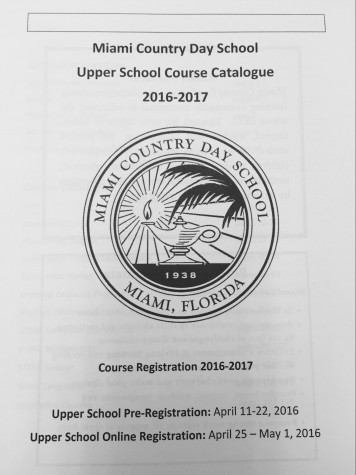Grading Changes Minus the Drama

One of the changes being announced on Wednesday, March 9th, at the Upper School assembly is the fact that students will now not only have an a + in the grade book, but will also want to have an a -. Under the new system, students who earn an an 80, 81, and 82 would receive a B-, students who earn an 83, 84, 85, or 86 will receive a solid B, and students who earn an 87, 88, or 89 will receive a B+.
Internally, students GPA’s will actually be helped by the change. For example, as of now a B is a 3.0 on the grading scale, with the change however, a solid B, which will now be an 83, 84, 85, or 86, will now be a 3.2. Thus a B-, will not hurt a student’s GPA and will be a 3.0.
College-wise the change may have some minimal effects on the current system. According to Ms.Allen, head of college counseling, most colleges will not recalculate a student’s GPA and will take the GPA the school gives them. In Ms.Allen’s opinion, the colleges most likely to recalculate are some of the state schools around the country, as well as select colleges that use their own grading system. Depending on how the specific school recalculates the GPA will determine if adding the minus will help or hurt students. In some cases, schools may change the minus to a 2.8. Historically, a B- would be counted as a 2.8 because a solid B is generally calculated as a 3.0.
If the univeristy that the student is applying to takes the school’s GPA and does not recalculate it then students may very well be helped by the addition of the minus to the grading scale. This is caused by the fact that if a student earns a solid B then they will get a 3.2 instead of the 3.0 given before the change. Psychologically, however, someone who is looking at a transcript may be negatively affected by minuses being on the transcript when comparing it to other applicants. In Ms.Allen’s opinion, if two students are identical except that one has all A’s and one has some A-’s , then the school will inevitably accept the person who has all A’s.
The change will not affect most students in regards to applying to Florida schools. The two Florida schools that the college counselors looked into, The University of Florida and Florida State University, are schools that allow students to self report their grades. When students are self reporting their grades for these two schools they will not even be given the option of a B-. Thus, if a student receives a B- in a course it will still be reported as a B to these two schools. The Florida Bright Futures scholarship requires a 3.0 GPA to be eligible, thus a concern arose that the change may have an affect on Miami Country Day’s students.
Thus, Ms.Allen conducted an experiment and found that if a student was given a straight B-, they would still qualify for the Bright Futures scholarship.
The change was brought up at a faculty meeting by Mr.Bronish, the academic dean, and he received feedback from many teachers. Some of the teachers favored the change to a minus system because they wanted grades to accurately reflect the work students were doing in class. Numerous faculty members thought there to be an inequity as a student who received a 79.6 and a student who received a 86.4 should not be given the same grade. Some teachers, however, did not think the change to a minus system would be beneficial because it night increase student stress over grades. In the end, the decision was made by Mr.Turf, Mr.Bronish, and Ms.Allen that the school would change its grading system to include a minus.





